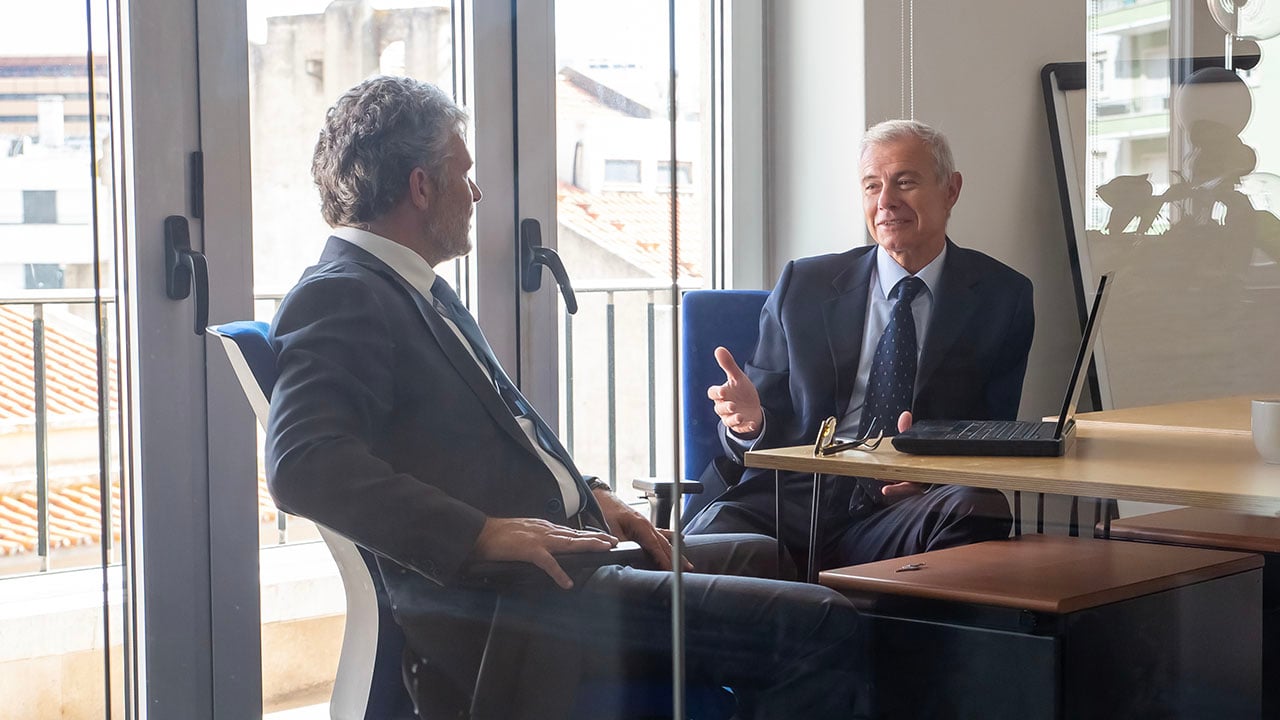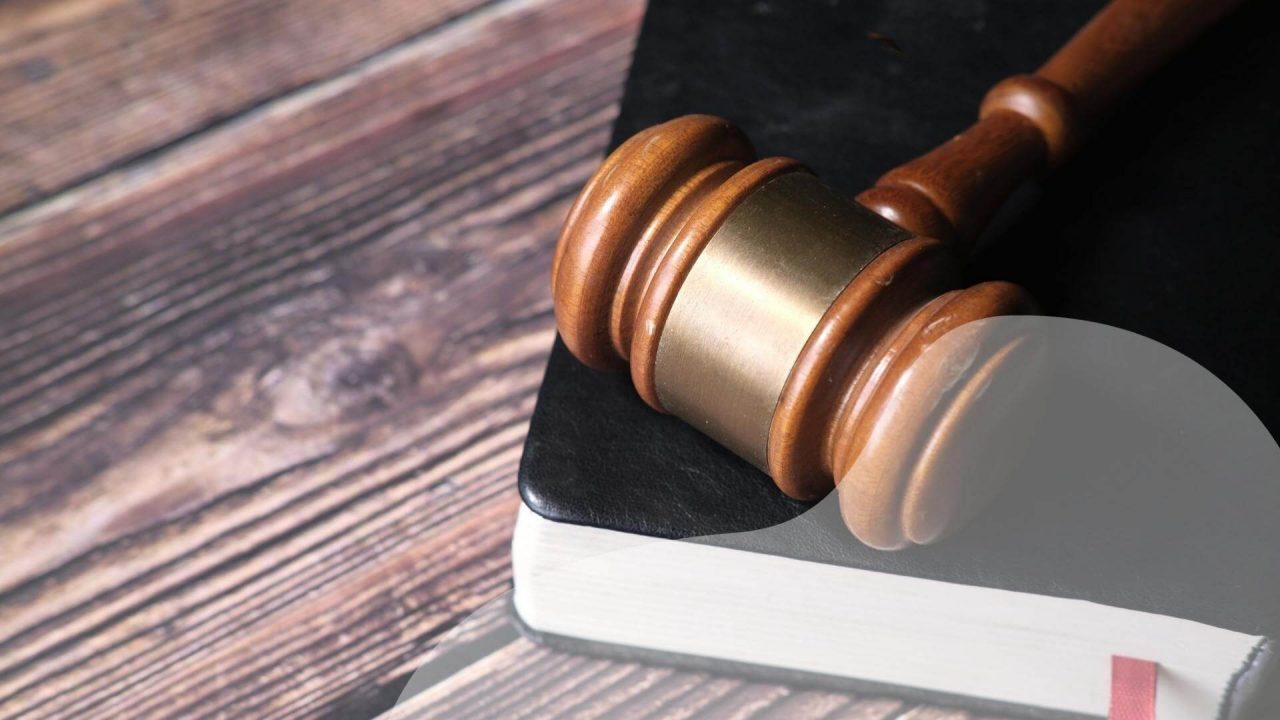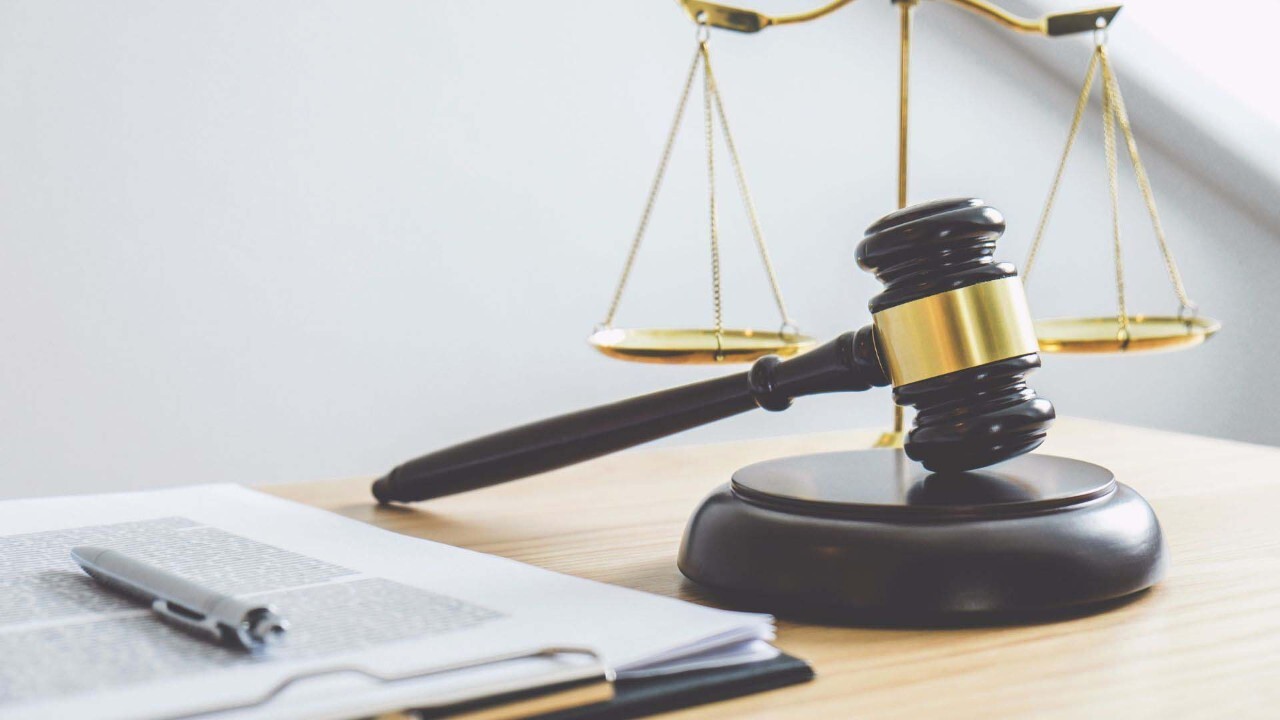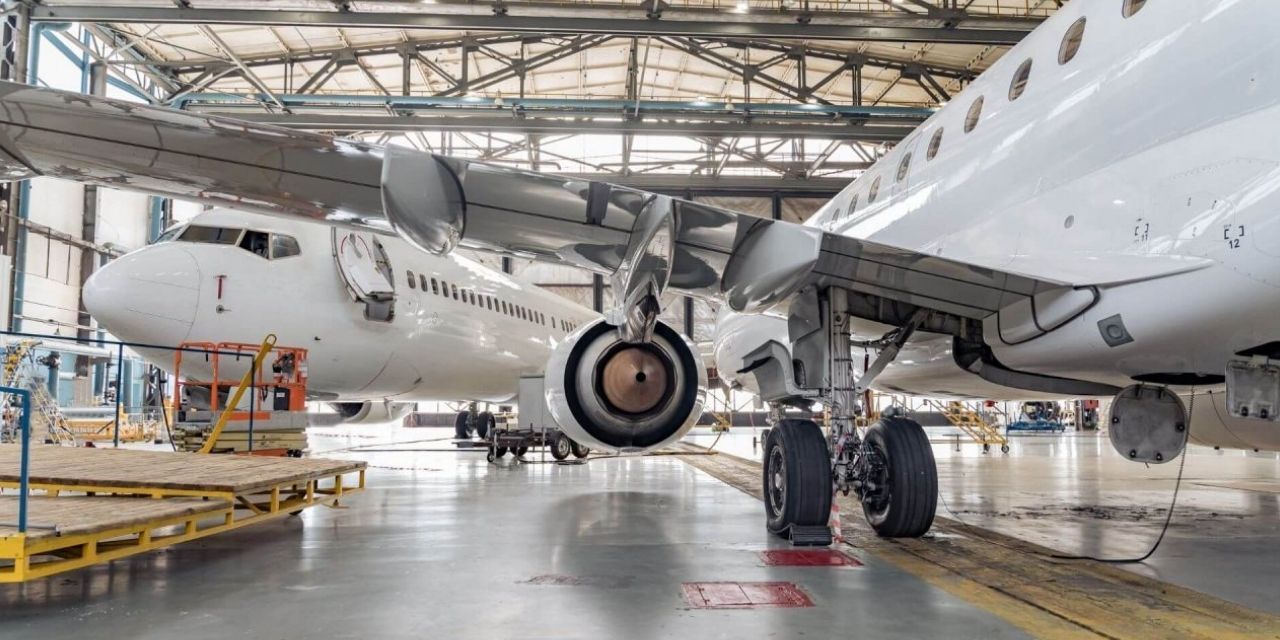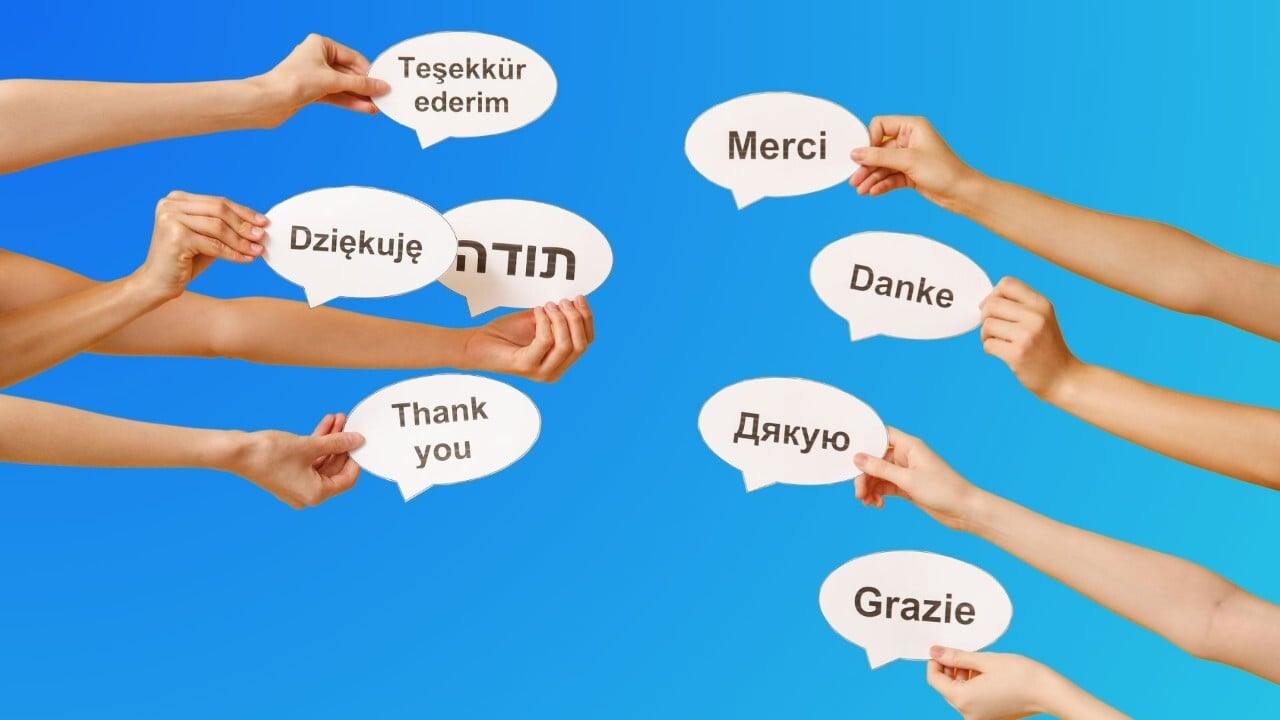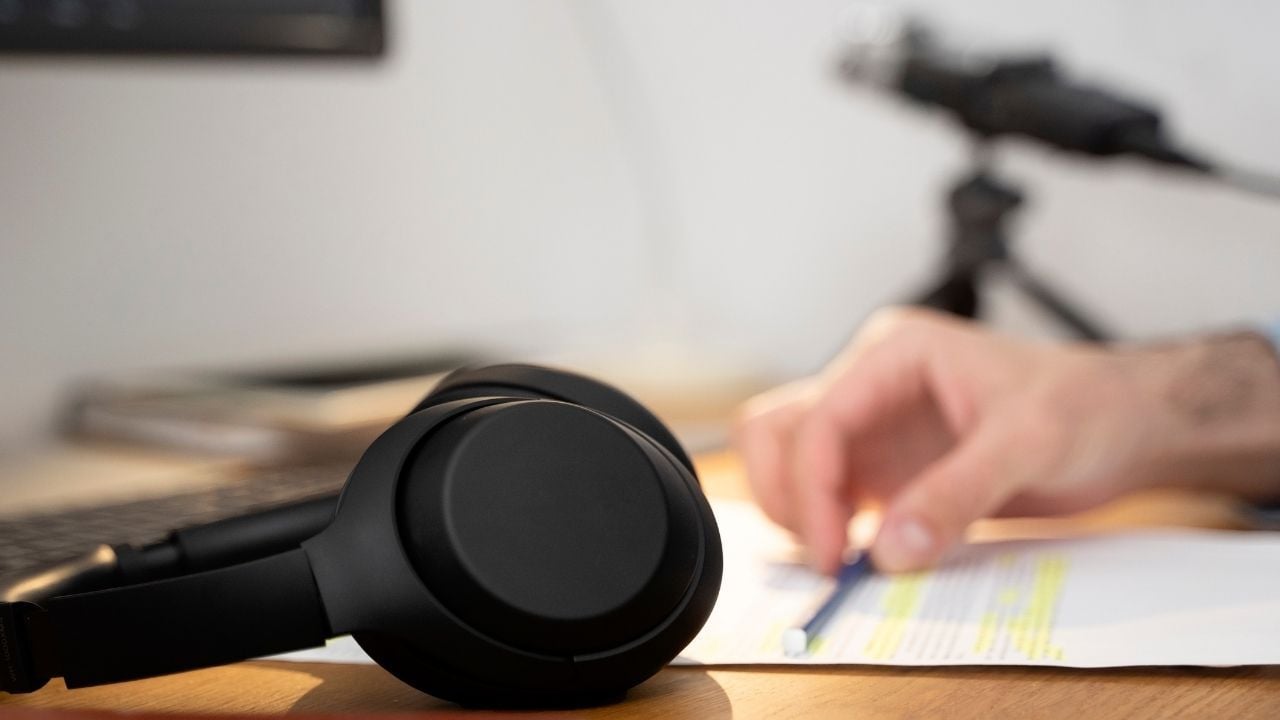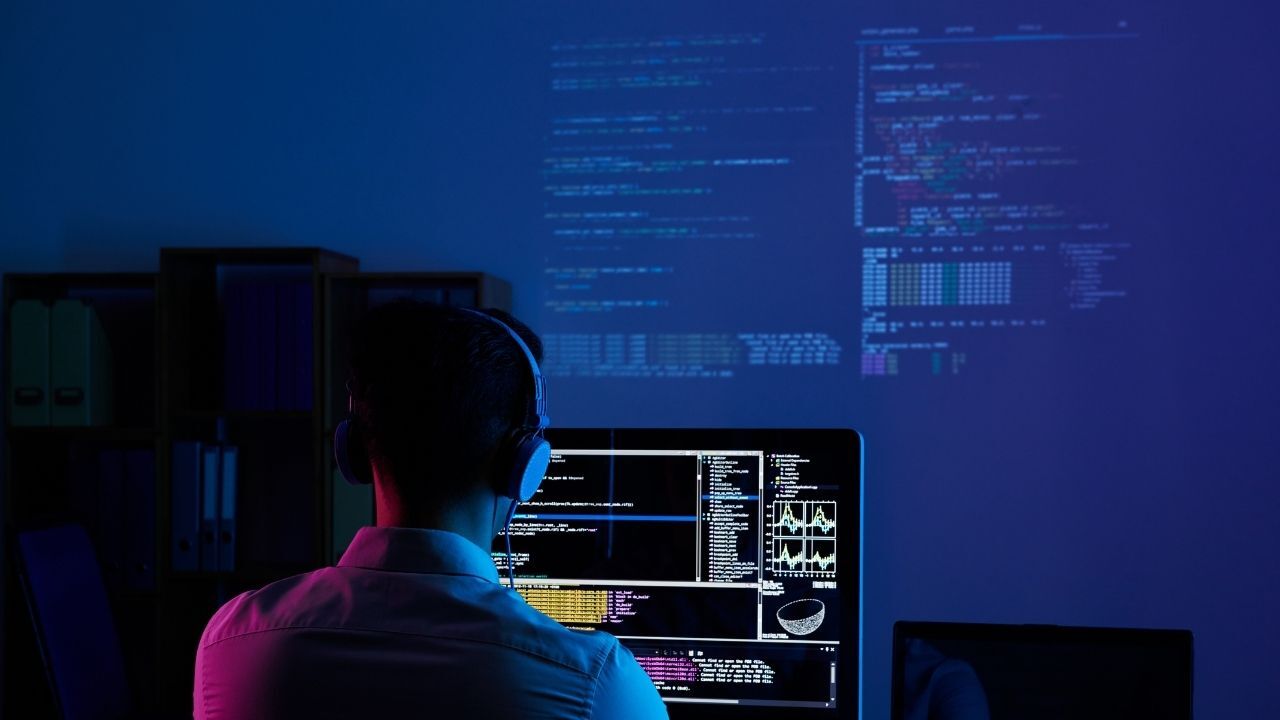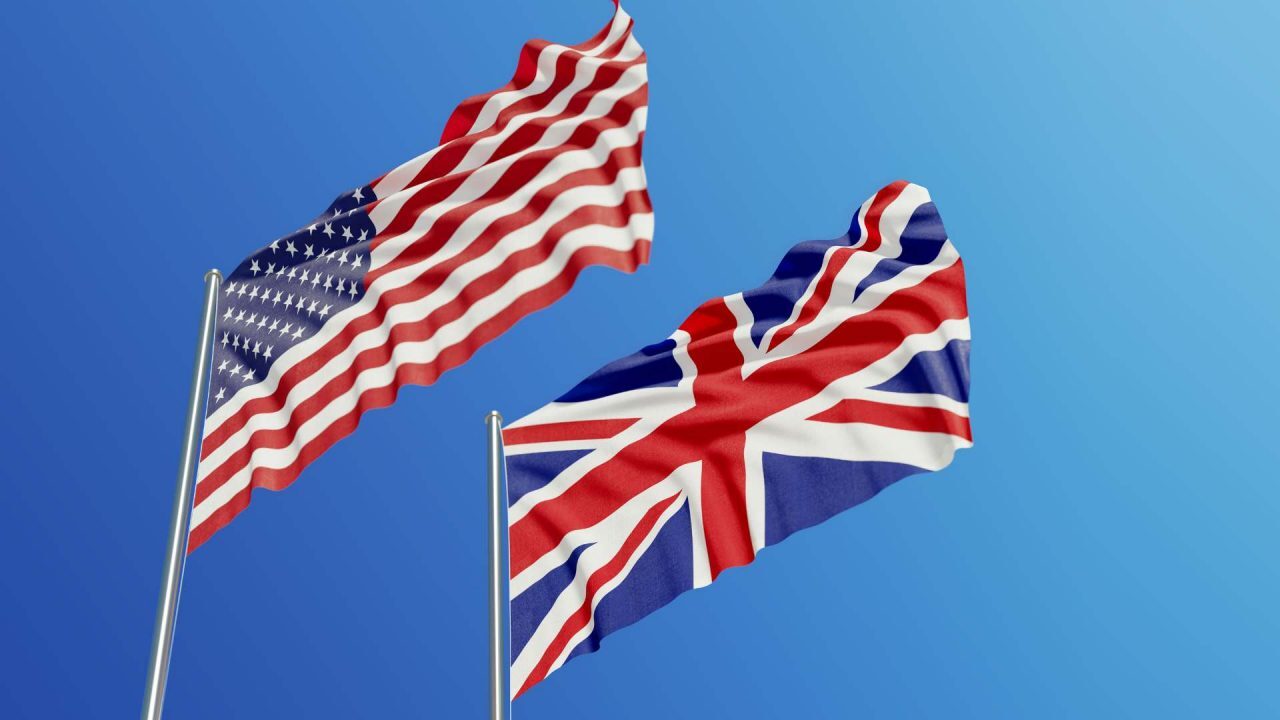Updated 2025-07-22
Sworn Translations: Everything You Need to Know

Key Takeaways
-
Sworn vs. certified vs. notarized: A sworn translation is produced by a linguist officially authorized by a court; a certified translation includes the translator’s signed statement of accuracy; a notarized translation is certified in the presence of a notary.
-
When you need it: Courts, immigration offices, universities, and commercial registries often require sworn translations of vital records, diplomas, contracts, and company documents.
-
Global validity differs: Each country sets its own rules—always check local requirements before ordering.
-
Timeline & cost: Original documents, country of destination, word‑count, and specialist terminology all affect turnaround and pricing.
-
Acolad advantage: Human legal experts + Lia, the AI‑powered content partner, accelerate workflows while preserving confidentiality and legal value.
This work requires impeccable technical expertise combined with in-depth knowledge of the legal system in which the text will be used. Translation professionals who provide sworn, notarized or certified translation services offer their clients a guarantee of quality and legal value.
What Is a Sworn Translation?
A sworn translation—sometimes called an official, certified or public translation—is a word‑for‑word rendering of a source document produced and stamped by a translator who has taken an oath before a competent court. Once sealed, the translation becomes legally equivalent to the original document and can be presented to authorities.
When do you need a sworn translation?
In the legal world, “certified”, “sworn” or “notarized” translations are required in cases where a legal document needs to be translated for submission to an authority in the client’s country of residence or another country. In most cases, these translations are the only formats that will be accepted by town halls or courts for legal dossiers. Examples include documents relating to civil status, such as certificates of birth, marriage or death, diplomas, legal judgements or extracts issued by a Chamber of Commerce. This list is, of course, far from exhaustive.
“What I like about working with Acolad is that they have a lot of experience handling translations for authorities in different countries and can advise me about which documents I need to prepare.” — Compliance Manager, Global Health Company
Country-by-Country Legal Validity: Verify Requirements First
A sworn translation may not have the same legal value in all countries. A translation that is accepted in one country may very well not be valid in another.
-
France : sworn translators must be recognised by the courts.
-
United States / United Kingdom : there is no such thing as a ‘sworn’ translator, but translations can be notarized in the presence of a notary.
-
UK apostille : translations can receive an apostille issued by the Foreign, Commonwealth & Development Office (FCDO). An apostille verifies the authenticity of the signature and ensures that the document is recognised in states that signed the Hague Convention of 1961.
As you can see, rules and requirements differ significantly between countries! To avoid potentially unnecessary procedures, we strongly recommend contacting the legal authorities from the country in question before requesting a sworn translation. Our team of account managers are also happy to work with you to determine the type of translation needed for your situation.
-
Legal validity depends on bilateral agreements between the country of origin (where the official document is issued) and the destination country (where the translated document is required).
-
A sworn translation follows a special process, so lead times may be longer than a standard translation.
-
That’s why we offer around-the-clock service, allowing you to receive a quote and launch your project almost immediately.
Sworn Translator: Bridging Language and Legal Certification
-
Dual responsibility: A translator who produces a sworn, certified or notarized translation acts both as the translation services provider and as an official certifier of the final document.
-
Legal contribution: By certifying the work, the translator directly contributes to the legal value of the text.
-
Court-appointed status: To deliver a translation that can be called “sworn,” the translator must have taken an official oath before a court.
-
Stamp of authority: Once the translation is complete, the translator affixes their stamp, giving the document legal force with courts and authorities.
-
Specialist expertise: Our legal translators combine linguistic and legal skills and collaborate with lawyers, solicitors and other legal-experience translators to guarantee extremely precise texts.
Sworn Translation: Mandatory Elements and Safeguards
-
Certification statement: The text must contain the wording “certified and true copy of the original.”
-
Seal and signature: Every sworn translation includes the sworn translator’s seal and signature.
-
Translator details: The translator must clearly list
-
Full name
-
The designation “sworn translator” (or “certified translator,” etc.)
-
The language pair(s) for which their oath applies.
-
-
Optional mayoral certification: If required, the translator’s signature can be certified by the mayor at the local town hall.
-
Document clarity:
-
The document must state that it is a translation and name the original language.
-
Formatting should replicate the original layout as closely as possible.
-
Pagination must be explicit, with the end of the document clearly indicated.
-
-
Fraud prevention: These measures safeguard the content and prevent fraudulent additions to the certified translation.
How Long Does It Take?
Original document required.
-
-
Most destination countries stipulate that certified translations must be produced from the original document, not a copy or scan.
-
Clients may hesitate to send originals, yet a sworn translator is entitled to refuse electronic files or photocopies and insist on seeing the physical document.
-
This safeguard ensures the translator can verify authenticity; any discrepancy between copy and original renders the job invalid and the translator cannot apply their seal.
-
Lead time starts only when the translator receives the original hard copy.
No changes after certification.
-
The final version of the source document must be delivered before translation begins.
-
Once the translation is stamped and signed, no modifications are possible.
-
Last-minute additions trigger a full restart—reprinting, re-stamping every page of both the translation and the original—dramatically affecting costs and deadlines.
Best practice: supply a complete original upfront.
-
Providing the definitive document from day one gives everyone a clear view of timelines and avoids costly resets.
-
At Acolad, our Legal & Finance division can issue a quote in under an hour and is available 24/7 to handle urgent sworn translation projects—meeting tight deadlines without compromising quality.
-
Do you have a sworn translation project?
Validity of a Sworn Translation — and How AI Can Streamline the Process
End of translator’s work ≠ end of procedure.
-
-
After delivery, the sworn translation may still require signature certification on both the translation and the original.
-
Depending on the country, certification happens at a town hall, notary’s office or Chamber of Commerce.
-
Tip: Contact local authorities in advance to verify compliance and avoid delays.
-
-
Official-document status.
-
Once produced, the sworn translation has the same legal force as the source-language document.
-
Only the certified original can be presented to legal or administrative bodies; copies carry no legal value.
Unlimited validity (with rare exceptions).
-
Sworn translations have no legal expiry date, except in certain civil-status documents, which may need refreshing.
AI-powered support—faster, not looser.
-
Secure AI translation tools can generate a preliminary draft to scope the project, flag missing pages and accelerate quoting.
-
Human sworn translators still review every line, apply their seal and signature and ensure the text meets all legal requirements.
-
Result: shorter lead times without compromising authenticity or compliance.
-

Security: a top priority
We take the security and confidentiality of personal data very seriously, and so do our suppliers. Sworn translators are therefore subject to the same confidentiality rules as all professionals in this area. They retain working files for just a few months after the delivery of a certified translation, after which time they must be destroyed.
Choosing the Right Partner for Sworn Translation — and How Acolad’s AI Super-Charges the Process
Specialised expertise is non-negotiable. Sworn translations demand a translator who thoroughly understands legal procedures and certification rules.
Why work with an agency? A seasoned language-services provider knows the “ins and outs” of each jurisdiction and can match you with the right sworn translator from the outset.
Acolad advantage:
-
-
Network of court-approved linguists ready to handle documents for any destination country.
-
The secure Acolad Portal uses AI-driven document fingerprinting and tamper-evident blockchain sealing to protect your originals throughout the workflow.
-
Predictive lead-time estimator leverages AI to give you a real-time turnaround forecast based on document type and destination-country rules.
-
If you have a sworn translation project—or simply need guidance—contact Acolad’s Legal & Finance team. We’re available 24/7 and ready to help, combining human legal expertise with cutting-edge AI efficiency.










